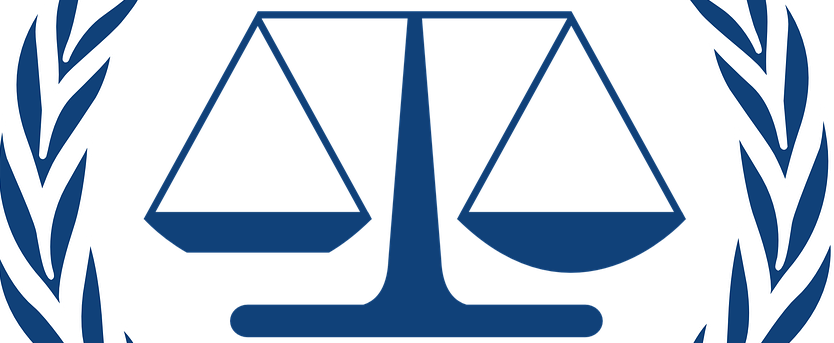What is commercial law?
Commercial law, also known as business law or trade law, is a vast field of study governing the legal aspects of commerce and business activities. Commercial law encompasses the legal principles that govern the creation and operation of businesses, their transactions with other businesses and consumers, and the overall flow of goods and services in a market economy. It covers a wide range of topics, including:
- Formation of Businesses: Legal structures like corporations, partnerships, and sole proprietorships.
- Contracts: Agreements between businesses and individuals, including sales contracts, service agreements, and employment contracts.
- Secured Transactions: Regulations surrounding borrowing money and using assets as collateral.
- Property Law: Ownership and rights associated with tangible and intangible property used in business.
- Product Liability: Legal responsibility of businesses for injuries caused by defective products.
- Consumer Protection: Laws safeguarding consumers from unfair business practices.
- Securities Regulation: Rules governing the issuance and trading of stocks and bonds.
- International Trade Law: Legal framework for cross-border commercial transactions.
What are the main features of commercial law?
- Focus on Commerce: Commercial law primarily deals with the legal aspects of businesses and market transactions.
- Facilitation of Trade: Its principles aim to create a predictable and efficient legal environment for conducting business.
- Evolutionary Nature: Commercial law keeps pace with changing business practices and technological advancements.
What are important sub-areas in commercial law?
- Contract Law: The foundation of commercial transactions, governing agreements and their enforcement.
- Company Law: Rules for establishing, governing, and dissolving business entities.
- Sales Law: Legal framework for the sale and purchase of goods, including warranties and remedies for breaches.
- Banking Law: Regulations governing banks and other financial institutions.
- Bankruptcy Law: Legal processes for dealing with insolvent businesses and individuals.
- Intellectual Property Law: Protecting creations of the mind like patents, trademarks, and copyrights.
- Competition Law: Laws preventing anti-competitive practices and promoting fair competition in markets.
What are key concepts in commercial law?
- Limited Liability: A key principle protecting owners' personal assets from business debts in certain structures.
- Standard of Care: The level of prudence a business must exercise to avoid harming others.
- Indemnification: Shifting legal responsibility for damages or losses to another party.
- Force Majeure: Events beyond a party's control that may excuse performance of a contract.
- Mergers & Acquisitions: Legal processes for combining businesses or acquiring assets.
Who are influential figures in commercial law?
- Raymond Saleilles: French legal scholar who laid the groundwork for modern commercial law principles.
- Louis Brandeis: U.S. Supreme Court Justice known for his advocacy for fair competition and consumer protection.
- Milton Friedman: American economist whose theories influenced commercial law by emphasizing market efficiency and limited government intervention.
Why is commercial law important?
- Commercial law provides a legal framework that fosters trust and predictability in business dealings.
- It protects the rights of both businesses and consumers, ensuring fair competition and a level playing field.
- Commercial law facilitates economic growth by promoting efficient business operations and cross-border trade.
How is commercial law applied in practice?
- Commercial lawyers advise businesses on
- 2195 reads




























































